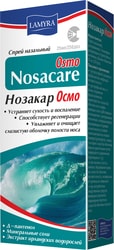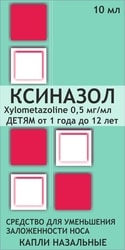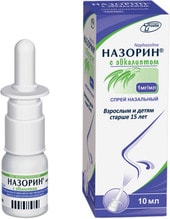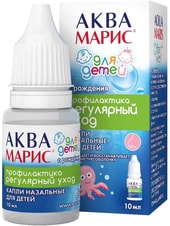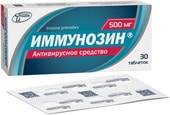Sea buckthorn, a plant with a rich history, has been prized for its healing properties for centuries. Ancient Greeks used its leaves and young branches to treat horses, noting improved weight gain and a glossy, silken coat – leading to its name, which translates to "shining horse." Its medicinal value was also recognized by Slavic peoples. Saint Cyril, the creator of the Slavic alphabet, reportedly used "red oil" – likely sea buckthorn oil, given its distinctive orange-red hue – to treat wounds and burns during his travels. Even in the royal courts of ancient Rus', sea buckthorn ("voskovuha" or wax berry) was highly valued, with expeditions sent to the Danube and Don rivers to harvest this prized berry.
Sea buckthorn experienced a resurgence in 17th-century Russia during the Siberian expansion. Cossacks, often lacking access to conventional medicine in the harsh Siberian environment, relied on sea buckthorn to heal wounds and bolster health. Its reputation solidified, earning nicknames like "Siberian pineapple." Cultivation as an ornamental plant began over 150 years ago, with specimens appearing in St. Petersburg's Tauride Garden as early as 1850. By the late 19th and early 20th centuries, it graced botanical gardens and gained popularity among home gardeners. The 1970s saw a renewed interest in sea buckthorn oil and its remarkable properties.
Individual intolerance.
Fats - 99.8g, Vitamin E - min 33mg, Carotenoids - min 25mg, Calories - 898kcal.
1 teaspoon 3 times daily after meals.
12 months.
This product is not a medicine.
Sea buckthorn oil, sea buckthorn capsules, Ros' (brand name), 100 capsules, immune system booster, wound healing, antibacterial, antiviral, anti-inflammatory, hair growth, skin health, cardiovascular health, digestive health, men's health, weight management, cholesterol reduction, natural remedy, herbal supplement, vitamins, antioxidants, carotenoids, vitamin E, Siberian sea buckthorn, voskovuha, Russian remedy, traditional medicine.
